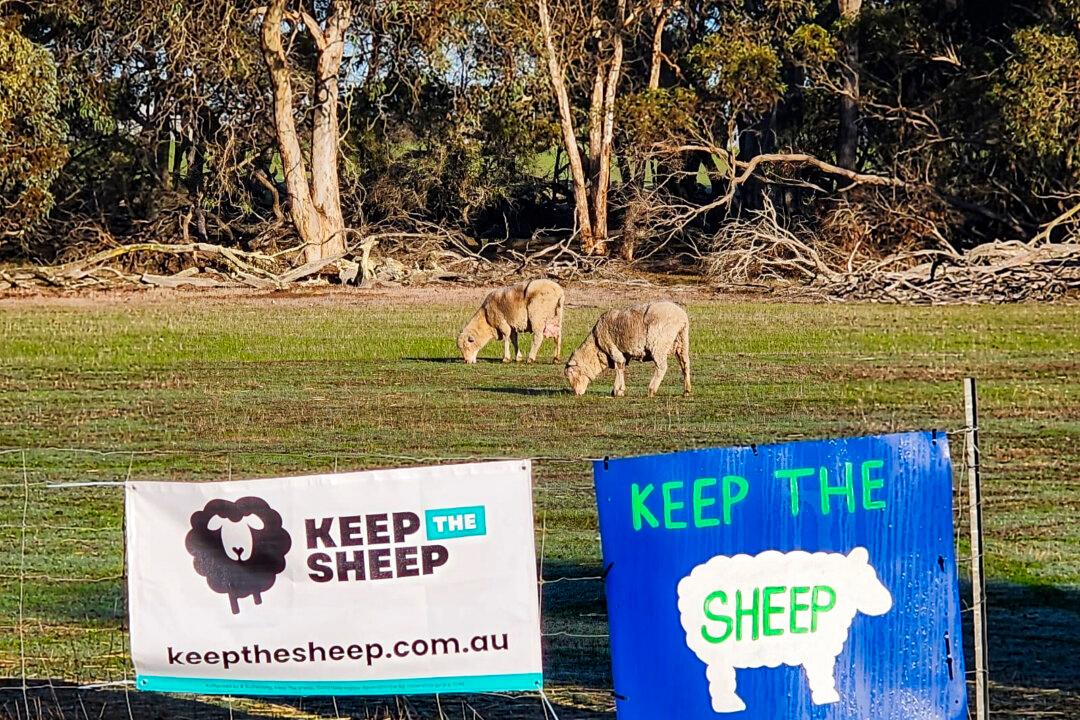Farmers have reacted with dismay and anger after Australia’s Parliament passed legislation to outlaw live sheep exports by sea from 2028.
National Farmers Federation President David Jochinke said the decision had left farmers very disappointed after they invested into significant reforms to encourage better animal welfare in the industry.





